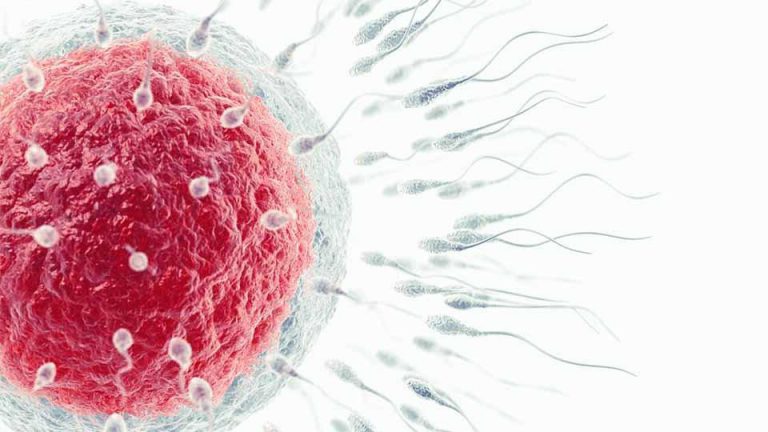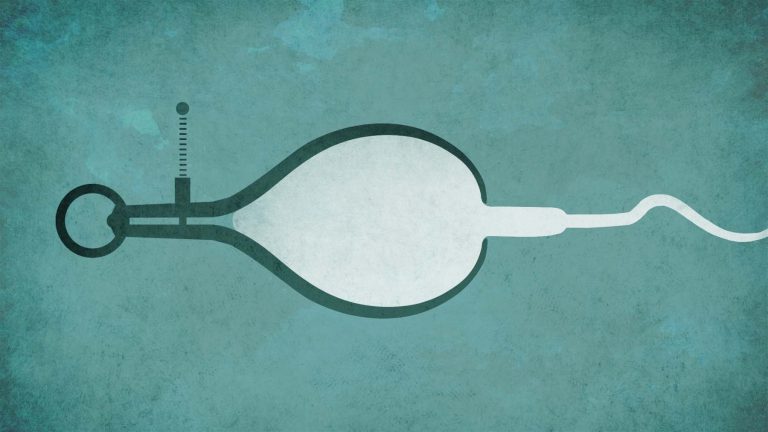Trying to start a family can be an exciting time in life. While it may seem simple, many biological processes have to happen in order for a couple to conceive. It can be highly beneficial for couples to understand their reproductive health so that they know what to expect. Fertility testing for women offers insights into hormone levels, ovulation patterns, and health of the uterus, fallopian tubes, and ovaries. Male fertility tests, however, are just as important. Without a solid understanding of both sides of the equation, it will be difficult to figure out the problem. Male infertility is a complex and often sensitive subject, but it’s better to know than to ignore it. Here, learn the benefits of male fertility tests and why you should include it in your path to pregnancy.
Understanding male infertility
Even though it is not often talked about, male infertility is quite common. About 1 in 10 men in the US who are trying to conceive find out they are infertile. One in 6 couples are affected by infertility, and about 50% of those cases can be attributed to a male factor. There are multiple things that can go wrong in a man’s reproductive system. Perhaps the sperm don’t swim, they don’t swim fast enough, sperm aren’t the right shape, or other possible issues. Without knowing or addressing these issues, it can take a lot longer to get pregnant. If a couple doesn’t fully understand their reproductive health, they may attempt treatments that are unlikely to work.
Infertility can happen to anyone, but certain men are more likely to experience it. For example, those who are considered overweight, over 40, or were exposed to radiation are more likely to be infertile. Use of drugs, alcohol, certain medications, or testosterone supplements can also lead to complications with sperm health and production. A doctor is likely to ask about previous behaviors and lifestyles since they can have a major impact. It’s important to be honest when having this conversation.
Types of male fertility tests
A few different types of male fertility tests can help identify issues in a man’s reproductive anatomy. A semen analysis is the most common. For this test, a semen sample is collected and sent to a lab. There, specialists will look at the sperm count, morphology (shape), motility (movement), and concentration of sperm within the semen.

Certain parameters for each of these factors will indicate whether sperm is “normal” and therefore healthy enough to conceive. However, it has been well documented that a semen analysis alone is not a strong predictor of pregnancy outcomes.
For those wanting a deeper look, there are other options to test sperm function in a more thorough way. SpermQT (short for Sperm Quality Test) which breaks open the head of the sperm and looks at the DNA inside. Sperm DNA can be modified due to lifestyle factors in an important way. Too much modification can prevent sperm from being able to carry out the functions needed in order to conceive. When this measure of modification is combined with the semen analysis results, it can be more predictive of pregnancy outcomes, especially when considering Intrauterine Insemination (IUI). A DNA fragmentation test also looks at DNA inside of sperm. Unlike SpermQT, this test checks to see if there are broken links throughout the DNA strands.
Men can also test their anatomical systems to ensure that sperm production is normal and that there are no blockages or damage to the reproductive tract. This can be done using physical examinations, biopsies, x-rays, or ultrasounds.
What happens after receiving results?
Depending on the results of male fertility tests, there are different steps that can be taken. If a semen analysis falls within a normal range, a healthcare provider may suggest trying to conceive naturally. This assumes that the female partner’s fertility is also considered normal. However, even if a semen analysis appears to be normal, there could be underlying issues that are not captured. Therefore, it’s important to do multiple tests before attempting treatment.

If other issues are identified, either from the semen analysis, sperm quality testing, or anatomically, men may be referred to a urologist or to a reproductive endocrinologist. These types of doctors specialize in infertility and will be better able to direct treatment plans.
For example, in some cases, men may be able to improve their sperm count, motility, and even sperm function by adjusting their lifestyle. Exercising more, drinking less alcohol, and eating healthier can help. Supplemental hormones or medications may be used in circumstances where the body isn’t producing or using naturally occurring hormones correctly. In other cases, surgery can repair damage, remove blockages, reverse a vasectomy, or extract sperm directly from the testicles. Beyond this, couples may need to undergo intrauterine insemination (IUI), which places sperm directly into a female’s uterus to increase chances of fertilization, or in vitro fertilization (IVF) in which an egg is fertilized by sperm in a lab to form an embryo, then the embryo is transferred into the uterus.
Depending on a couple’s personal circumstances, fertility treatment options may vary in terms of effectiveness and feasibility. It is important to talk to a healthcare provider (or more than one!) who can help to take a holistic approach, considering both male and female fertility, to make the most informed decisions possible.
Benefits of male fertility tests
Not only do male fertility tests help couples to understand why they may not be getting pregnant, but it also can prevent unnecessary treatments, procedures, and expenses. For instance, in cases where no further male testing is done after a semen analysis, it may appear that fertility issues are coming from the female side, or the couple may be considered to have “unexplained infertility.” Often, this is where female-focused fertility treatments begin, like hormonal therapies or IUI and IVF.
However, about 4 in every 5 men with poor sperm quality (based on SpermQT results) will appear to have a normal semen analysis. A couple with a poor sperm quality result from a SpermQT test has a very low chance of success with IUI, but a totally normal chance of success with IVF. This information could help a couple to avoid spending months and thousands of dollars on multiple IUI cycles before realizing it won’t work. Not to mention, it can help women to avoid the emotional and physical burdens of these treatments.
Any couple considering having a child should be sure to thoroughly test the reproductive health of both partners. Whether a couple is just beginning to try, already having trouble, or just wants more answers before giving up, the advances in science and technology offer more ways than ever to get the information they need. Knowledge is power, and in this situation that power can make a huge difference in the course of starting (or continuing to build) a family. Male infertility is biologically and emotionally complex but is nothing to be ashamed of – and it’s time we start talking about it even more.







